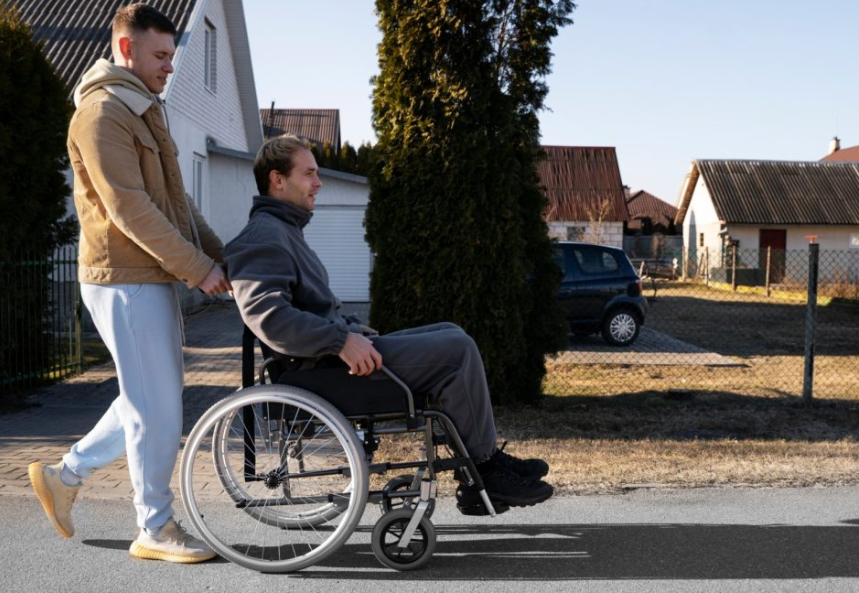Caring for a family member with disabilities is a full-time job that requires immense emotional, physical, and financial commitment. This demanding role can lead to caregiver burnout, emphasizing the necessity for quality breaks. Here lies the value of NDIS short-term accommodation, a provision that offers caregivers the much-needed respite, ensuring the continuous provision of compassionate care to persons with disabilities. This blog post delves into how respite accommodation NDIS supports families and caregivers, offering a beacon of relief and support.
An Introduction to Respite Accommodation under NDIS
The National Disability Insurance Scheme (NDIS) recognizes the critical role caregivers play in the lives of people with disabilities. Under its umbrella, NDIS short term accommodation includes a range of options like overnight respite and short breaks, designed to support both the persons with disabilities and their caregivers. For caregivers, this service is a lifeline, providing a temporary reprieve from the day-to-day responsibilities of care.
Understanding the Benefits for Families and Caregivers
Relief and Recovery
Respite accommodation NDIS services are not merely a place for care receivers to stay temporarily. They are environments where individuals can engage in activities, meet new people, and enjoy a change of scenery, thereby contributing to their overall well-being. For caregivers, this break is an opportunity to recharge, tend to personal matters, or simply rest, reducing the risk of burnout.
Enhanced Care Quality
When caregivers are well-rested and their mental health is prioritized, the quality of care they provide improves significantly. NDIS short-term accommodation ensures that caregivers can take a step back to rejuvenate, ultimately benefiting the person under their care through more patient, refreshed, and effective caregiving.
Flexible Support Tailored to Needs
Every family’s needs are unique, and so are the accommodations provided under the NDIS. Whether it’s for a couple of nights or a few weeks, these accommodations are versatile, catering to the specific needs of individuals and ensuring a seamless continuation of care routines.
Conclusion
The importance of respite accommodation NDIS cannot be overstated. By supporting caregivers, it directly enhances the well-being of persons with disabilities, fostering a more sustainable care environment. It’s a testament to the NDIS’s commitment to not only provide for the direct needs of individuals with disabilities but also to recognize and support the invaluable role of caregivers within the community. This network of support undeniably strengthens the entire ecosystem of care, making it more resilient and responsive to the needs of its most critical members.

